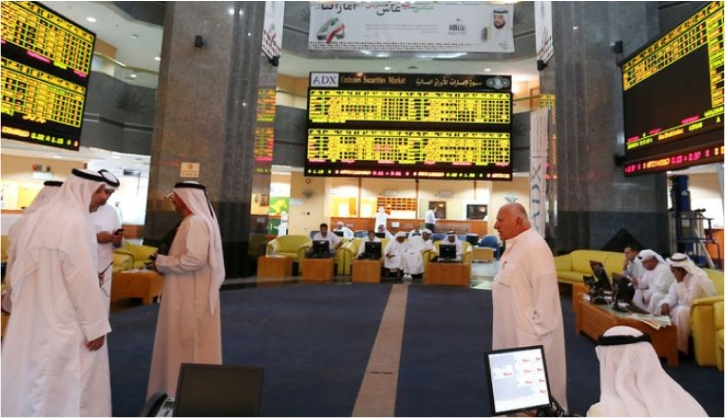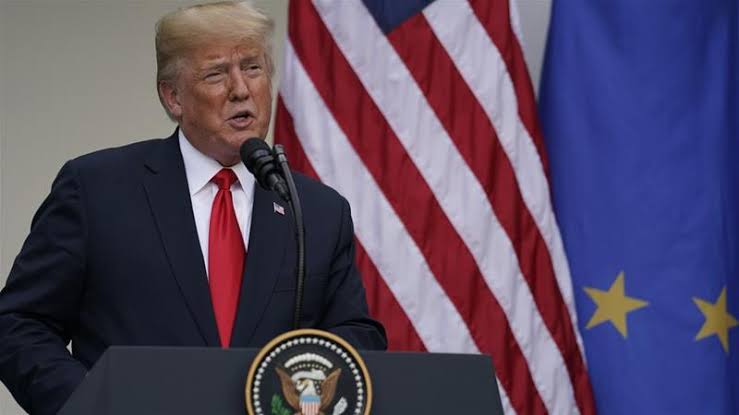China’s economy grew at an annual rate of 6.7% in the three months to September, government data showed, a sign that growth is stabilising.
The figure was the same rate as the previous two quarters, and was in line with forecasts.
The spell of stability will reassure investors after China’s markets and currency crises earlier this year sparked fears of a further slowdown.
China’s economic performance has a big knock-on impact around the world.
Full year growth for 2016 is still likely to be weaker than last year’s, which was already the slowest in 25 years.
“The general performance was better than expected,” the National Bureau of Statistics said in a statement when releasing the data on Wednesday.
The figure is in line with Beijing’s growth target of 6.5%-7% for the year.
‘Frightening debt’ – Analysis: Robin Brant,
Still growing, but still slowing; the latest official figures suggest the Chinese government is stabilising its vast economy.
But dig a bit deeper and it’s a familiar picture; it seems government spending, especially investment in infrastructure, is still significant fuel for the engine. Rocketing prices in the – at times crazy – property market are helping too in places.
There’s evidence that the attempt to move towards a consumer lead economy is beginning to work.
Consumption, at around 70%, accounted for more of the GDP growth.
Debt remains a big, big problem though. At nearly 260% of GDP it’s frighteningly high. Most of it is on the books of provincial governments.
A final word on that 6.7% growth figure. That’s three quarters, in a row, of the same figure. Exactly what government forecasters predicted. Some have consistently cast doubt on the accuracy of the numbers, most recently the IMF’s former chief economist, who told the Amira News he thought the slowdown was worse.
Real estate has been a driving force behind China’s economy this year, with separate data released on Wednesday showing that investment in property rose by 5.8% between January and September with sales increasing by almost 27%.
This is despite government efforts to try and prevent more property bubbles, with some cities demanding bigger mortgage deposits or banning second homes.
Karishma Vaswani: Pigeon lofts and tulip fever
China is the world’s second-largest economy and the second-biggest importer of both goods and commercial services.
It also plays an important role as a buyer of oil and other commodities. Its slowdown in growth has been a factor in the decline in prices of those goods.

















